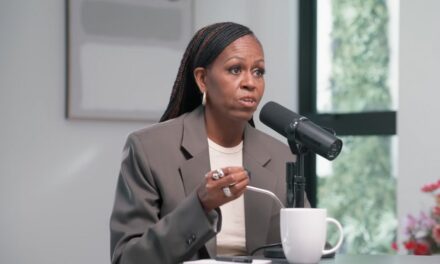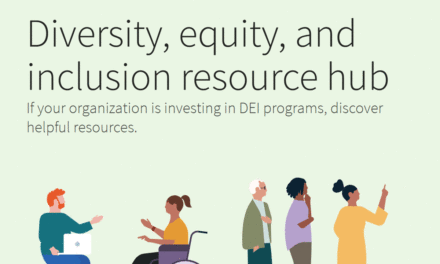In a recent public address that has sent ripples through local political circles, a prominent Democratic representative launched a scathing critique against fellow party member Zohran Mamdani. The representative’s remarks were fueled by Mamdani’s progressive stances and proposed policies, which they argue could hinder economic growth and job creation within the community.
The exchange has highlighted a growing rift in the Democratic Party, demonstrating that ideological disputes can sometimes overshadow unity, particularly as the party navigates complex electoral landscapes. As political polarization rises nationwide, such disagreements are becoming more frequent, leading some to question the future of the party’s cohesion and direction.
During a recent town hall meeting, the Democratic representative characterized Mamdani’s proposals as radical, specifically pointing to his advocacy for policies that favor higher taxes on affluent residents and expansive social welfare programs. “These are not just progressive ideas; these are job-killing measures that will push businesses away and deter investments,” the representative asserted, challenging the effectiveness and viability of Mamdani’s policy initiatives.
Critics of the representative have raised concerns that labeling a fellow Democrat as a ‘job-killing socialist’ is not only detrimental to party unity but also risks alienating grassroots activists who support Mamdani’s approach. “This kind of rhetoric doesn’t help anyone. There are diverse voices within our party, and we should be working together rather than tearing each other apart,” said one local activist who preferred to remain anonymous.
In the face of this criticism, Mamdani remains steadfast in his beliefs, arguing that the representative’s comments illustrate a misunderstanding of his platform. In response to the allegations, he stated, “In order to facilitate genuine economic growth, we must invest in our community’s future. That means creating jobs through green energy initiatives, affordable housing, and equitable healthcare. My role is to challenge the status quo, not conform to outdated norms that leave many behind.”
The divergent views on economic policy within the Democratic Party underscore a broader trend seen across the United States. As the party increasingly encompasses a spectrum of ideologies—from moderate centrism to unabashed progressivism—tensions simmer as members attempt to find common ground. This rift becomes especially pertinent as the party gears up for the upcoming elections, where every seat counts.
The debate between moderates and progressives is not a new phenomenon, but it has become more pronounced in the aftermath of recent elections that have showcased the party’s vulnerabilities. Many believe that while Mamdani’s approach may appeal to a younger, more progressive voter base, it risks alienating traditional Democrats who prioritize more centrist policies focused on immediate economic stability.
As the Democratic representative continues to voice strong opposition to Mamdani’s ideals, it raises critical questions about how representatives within the party can balance progressive aspirations with the pragmatic needs of their constituents. Voters are caught in a crossfire, seeking leaders who not only champion forward-thinking policies but also remain grounded in accessible economic realities.
Political analysts suggest that this type of intra-party discord may serve as a double-edged sword. On one hand, it can energize debates and encourage constituents to engage more with the political process. On the other hand, it can also create significant divisions that hinder unified action, especially in a political climate where collaboration is crucial for success. “The Democratic Party needs to work through these differences for the sake of its brand and electoral viability,” noted a political strategist.
Looking forward, the outcome of this internal conflict remains to be seen. With impending elections, candidates like Mamdani must consider how to frame their agendas while navigating the demands and expectations from various factions within the party. Engaging in constructive dialogue, rather than outright condemnation, may be essential in fostering an environment conducive to progress.
Mamdani’s supporters, many of whom hold strong views on issues such as climate change and social justice, are quick to defend his position. They believe that embracing comprehensive reform is essential to tackle systemic inequalities exacerbated by the current economic system. “We need leaders who dare to dream big and pursue transformative change,” said a member of Mamdani’s campaign team. “Incremental change will no longer suffice in the face of mounting crises.”
In conclusion, the clash between this Democratic representative and Zohran Mamdani illustrates the complexities and challenges the party faces as various factions vie for influence and leadership. As Democrats grapple with the implications of their ideological differences, it is clear that the outcome of this internal debate could shape the landscape of the party for years to come. The question now is whether the Democratic Party can maintain its unity while fostering an environment that welcomes diverse ideas and approaches, ultimately catering to the needs of its constituents.
































